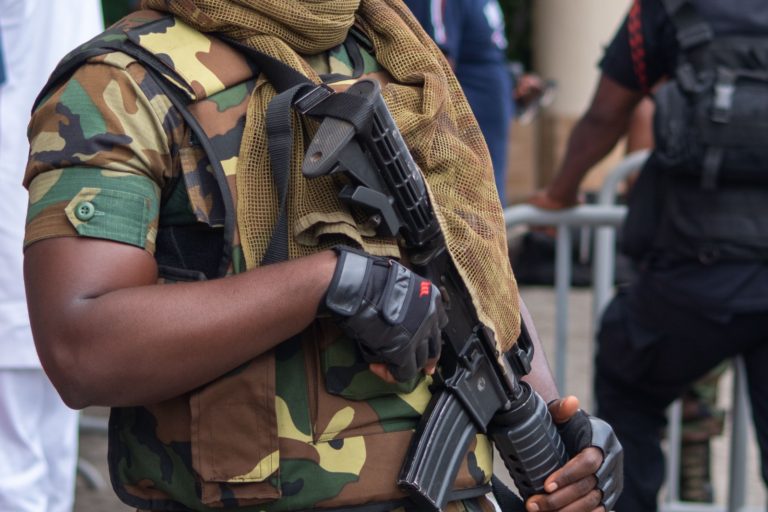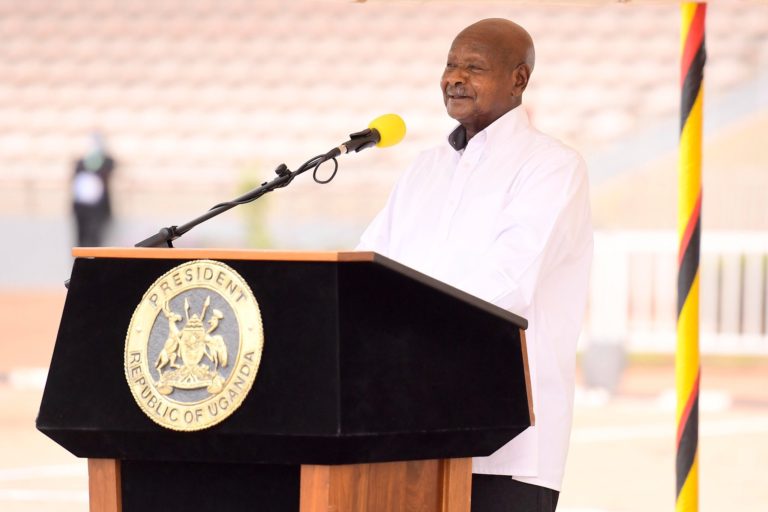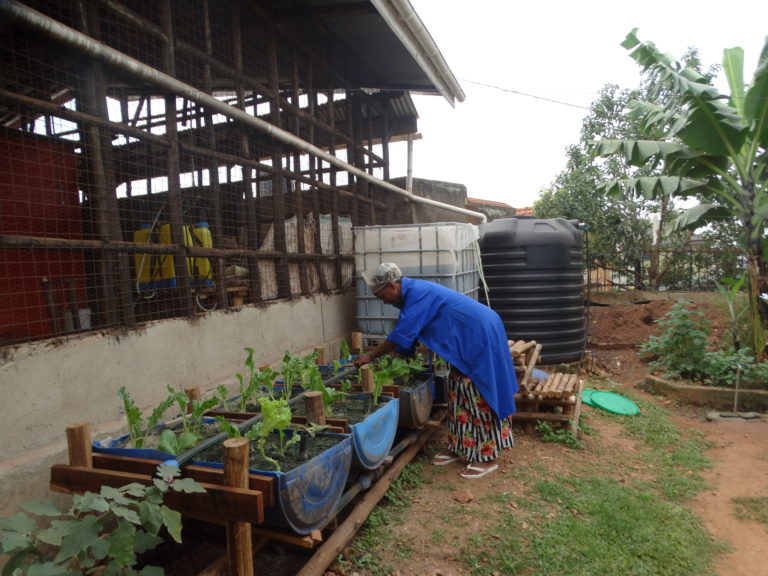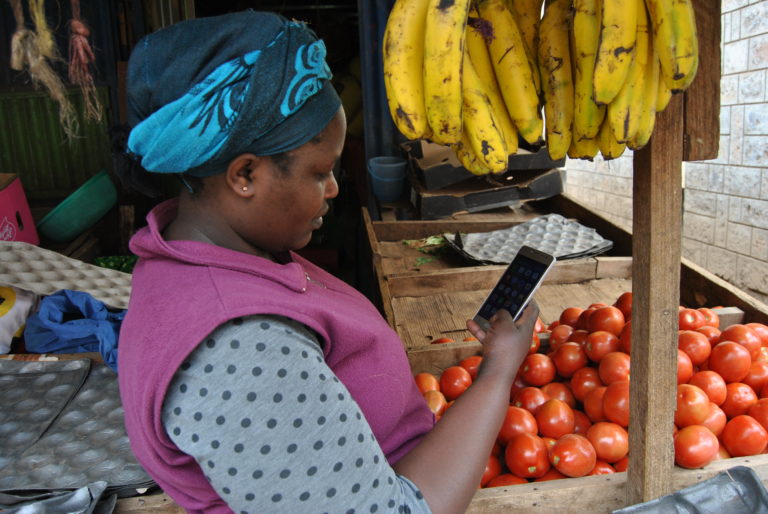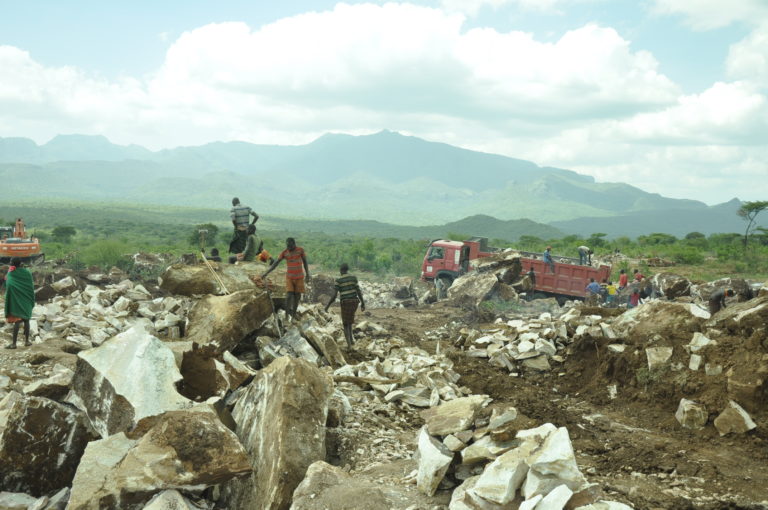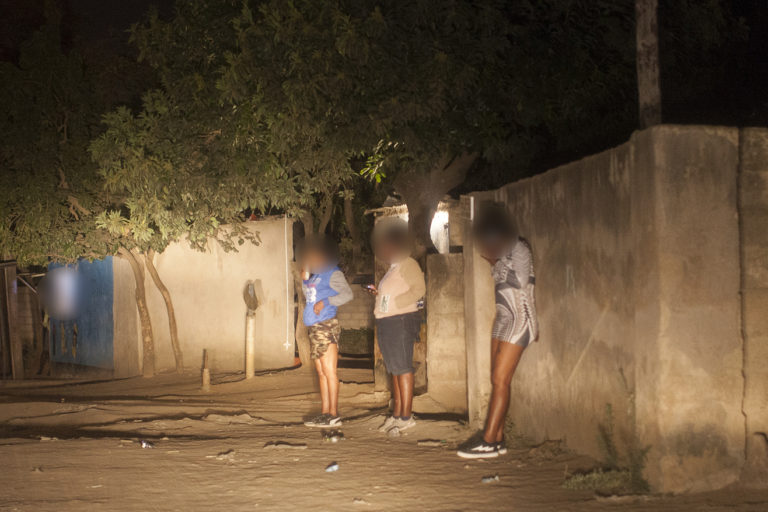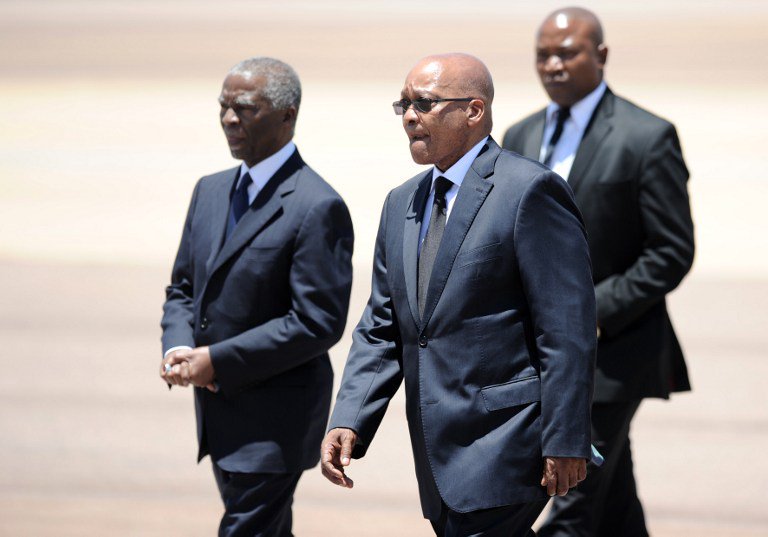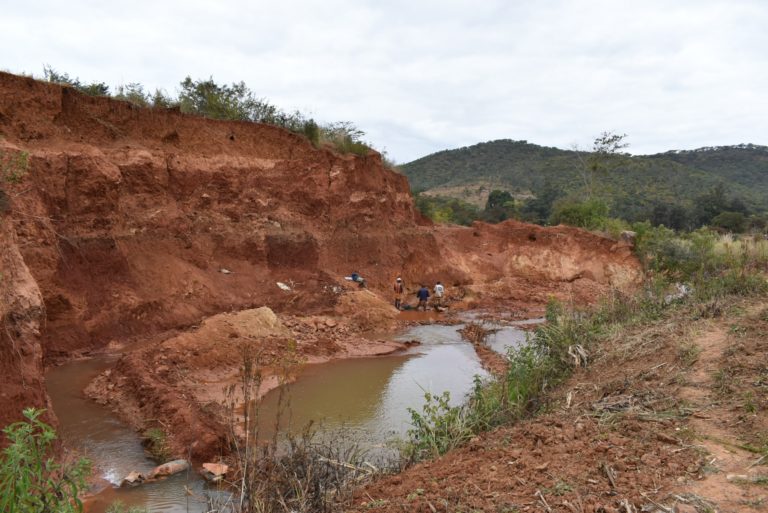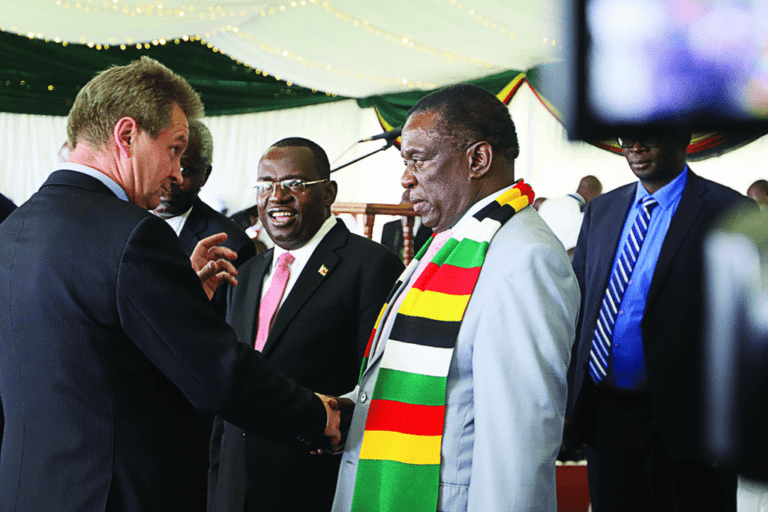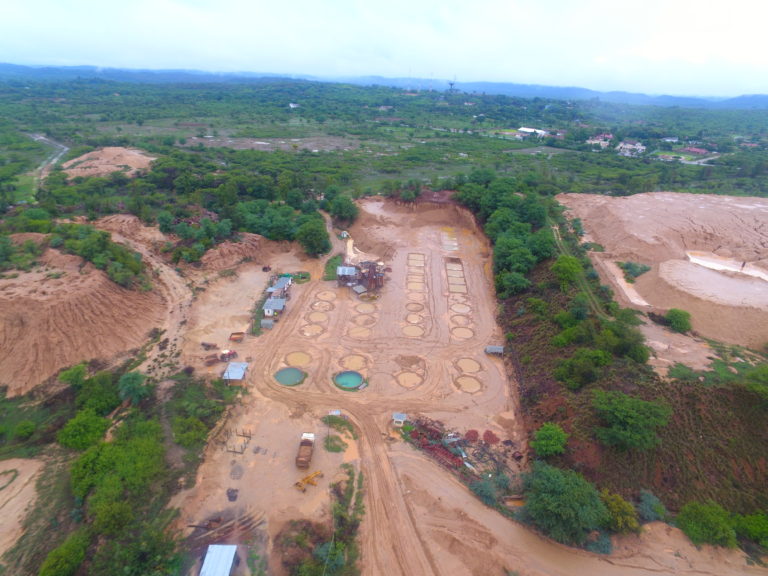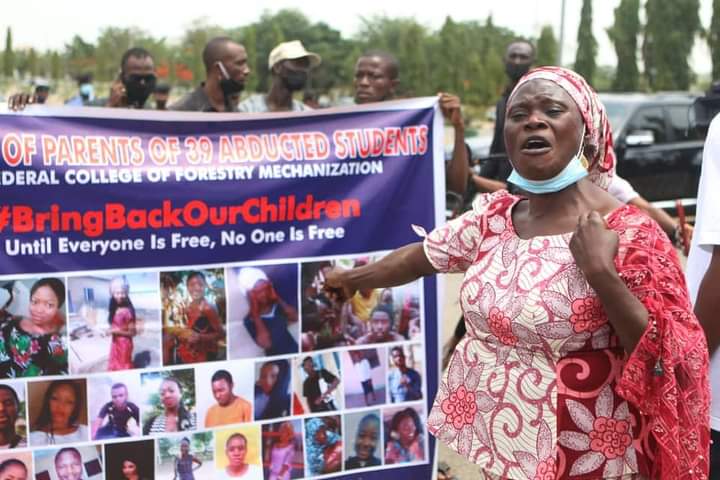On February 12, most of Ghana woke up to the news that one Oliver Barker-Vormawor, a figurehead of one of the West African country’s most significant protest movements, had been arrested.
His crime? A scathing post on social media that criticized the government while recklessly proffering support for a coup. It earned him a questionable treason felony charge.
His call for a coup came against the backdrop of rising costs of living in Ghana and the government’s attempts to compound this with unpopular tax measures being opposed by the masses.
Amid the tensile political climate in West Africa, where Mali, Guinea and most recently, Burkina Faso, witnessed the overthrow of governments, Barker-Vormawor’s comments have been described as unwise.
But his sentiment cut to the core of the disease festering across parts of Africa, of which coups are a mere symptom.
Ewald Garr, a governance analyst, bored this down to broken democracies run by a political class that is out of touch with its people.
“When there is unresponsiveness, you see people begin to lose trust in their elected leaders and once people begin to lose trust in the elected leaders, you see frustration and despondency,” he explained.
He noted that the disease we should be looking to cure is the broken perception of good governance across the continent.
“All these things [coups] are arising is because our institutions are not well composed. Our governance system is just weak,” he said.
The simple diagnosis of the problem is matched by the casual air surrounding the recent military takeovers.
Take for instance the Burkina Faso coup, where military officers appeared on state television and announced the military overthrow like it was a weather report.
But for the people, who had been fading in a drought of despair, the announcement of a coup was like a forecast of rain. It brought joy.
This has played out in Mali and Guinea over the last two years, as well as beyond West Africa in Chad and Sudan.
The specific contexts of the coups have differed in each country, with alarming insecurity being cited by coup leaders in Burkina Faso and Mali, amid the threat from jihadists.
But there have been some constants that cut across, foremost among them economic hardships, inequality and a lack of empathy by the ruling class.
Even more worrying is the fact that these constants are ripe in countries that are hailed as beacons of democracy, like Ghana.
For Dr. Afua Yakohene, a research fellow at the Legon Center for International Affairs and Diplomacy, it is clear that “all the conditions that called for coups in Guinea, Guinea-Bissau, Burkina Faso, Niger and Mali are right here in Ghana.”
It has also been hard to ignore the fact that these coups were met with overwhelming approval from their mostly-youthful populations.
Consider the situation in Mali, where thousands have rallied in support of the junta after sanctions meted out on the West African country.
Dr. Yakohene observed that these countries have “frustrated masses; a large youth bulge that is unemployed.”
These people are most likely frustrated by the “lack of dividends that they hoped democracy would deliver,” she added.
Settling For Elections
The bar for democracy has been noticeably lowered for African countries.
It is increasingly being equated to relatively incident-free elections with no scrutiny of what happens in between polls.

But Dr. Yakohene stressed that “the holding of periodic elections is just the tip of what democratic states must be.”
“Many west African citizens even have come to not appreciate elections, so there is voter apathy and there is low turnout during elections.”
This could be traced back to the end of the Cold War and the fall of the iron curtain.
With the victory of the West over the Eastern Bloc, the idea of democracy became a necessary benchmark for countries seeking aid and development.
“It gradually pushed many African countries to adopt the policies of democracy,” Dr. Yakohene recalled. “Some leaders realized that if you need loans, and you need aid, and you want to satisfy the expectations of the western leaders, hold elections.”
These elections can be nothing more than ticked boxes because West Africa has witnessed a number of situations where political power has almost become a birthright.
Consider the example of Togo, where Gnassingbé Eyadéma was President from 1967 until his death in 2005, after which he was succeeded by his son, Faure Gnassingbé. Yet, Togo claims to be a democracy.
Dr. Yakohene described this as a form of “autocracy and monarch-cracy” that was cultivated out of the West’s insistence on the adoption of democracy, however superficial.
This very international community is often silent when there is clear evidence that democracy is subtly being undermined, with arbitrary amendments to term limits or voter suppression. But it sounds an alarm when coups occur.
The same could be said about regional bodies like the 15-member Economic Community of West African States (ECOWAS), which also turns a blind eye to abuses of power and democracy by its own members.
The community’s chair, Ghana’s President Akufo-Addo, has himself faced criticism for attacks on free speech and voter suppression following Ghana’s bloodiest polls in 2020.

ECOWAS has been instead known to spring to action and propose sanctions when it should rather be in a lab working to find a cure for the disease spawning these coups.
This cure lies simply in committing to the basic tenets of democracy, said Mr. Garr.
“What ECOWAS should be doing is having strong institutions that are able to diagnose the poor governance.”
He doesn’t think the continent has been learning from mistakes that date back to the ‘60s, where there were 26 successful coups on the continent in the wake of independence movements.
Mr. Garr is of the view that some re-orientation and a stronger commitment to engaging citizens in the process of governance is the most important step to finding a cure for the conditions that birth coups.
“It is the lack of transparency and the lack of the basic tenets of democracy in our countries that is steering all these coups we are seeing,” said the analyst.
As simple as the solution sounds, there is a clear lack of accountability and lack of political will across the continent that gives Mr. Garr little cause for hope.
“As a continent, we have a very long way to go because most African countries still can’t see the importance of good governance,” he says. “They only see elections.”

